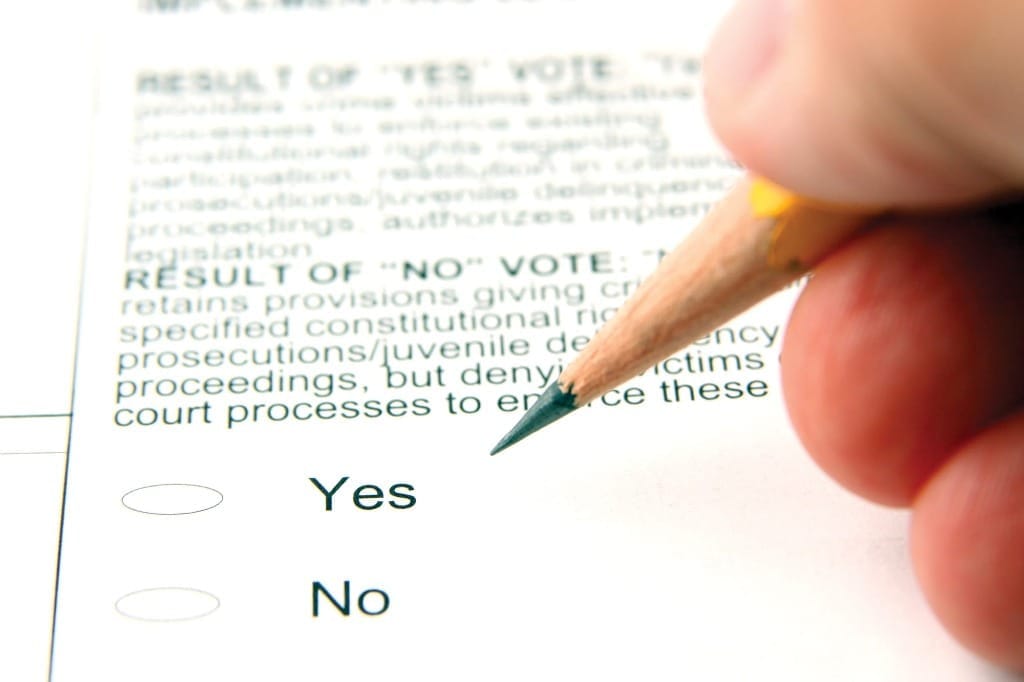Oregon Ballot Measure Targets Big ISPs, Others to Fund $1,600 Annual Payment to State Residents
Measure 118 intends to send cash to all Oregon residents, regardless of income.
Jericho Casper

WASHINGTON, Sept. 26, 2024 – Backers of a November ballot initiative in Oregon say it could help level the playing field between large and small Internet Service Providers in the state while also assisting Oregonians with the cost of their internet subscriptions.
Known as the Oregon Rebate, Measure 118 would provide a “universal basic income” of $1,600 per year to every Oregon resident, funded by a 3% gross receipts tax. This tax would target corporations with annual sales exceeding $25 million in Oregon, taxing sales rather than profits.
Measure 118 is projected to raise $6 billion in its first year, nearly covering the $6.4 billion required to provide each of Oregon’s 4 million residents with a $1,600 rebate.
The Oregon Rebate Campaign ‘Yes! On 118’ highlights that the rebates would be “paid for by giant corporations like Comcast,” which, according to the website, “pay essentially zero state income tax.”
Other tech giants, including Google, Intel, and Apple, would also fall into this category, along with cloud and software companies, such as Oracle and Amazon Web Services. However, major players in the tech and telecom industries have remained silent on the measure.
According to the State of Oregon’s fiscal impact analysis, Measure 118 on the Nov. 5 ballot would attempt to balance the tax burden between small local businesses and large, mostly out-of-state corporations. The first $25 million in revenue would remain tax-free, and only revenue beyond that threshold would be taxed. The measure would affect about 2,000 of Oregon’s 64,000 corporations, most of which are multinational and based outside the state.
“It’s not fair that huge corporations like Comcast pay an effective tax rate of 0.11% while Oregonians and Oregon small businesses pay an Oregon tax somewhere between 4.75% and 9.9% in taxes! Oregon Rebate levels the playing field,” the campaign website notes. “Multinational corporations like Comcast are not going to stop operating in Oregon because they have to pay slightly more in taxes.”
Advocates for the measure say putting more money into the hands of Oregonians would stimulate the local economy, creating jobs and helping to address the affordability crisis, which includes the rising cost of internet access.
The measure could particularly benefit the one-in-eight Oregon households which were enrolled in the federal Affordable Connectivity Program, which helped low-income families pay for internet service before it ran out of full funding in May. By challenging the dominance of large multinational corporations, Measure 118 would promote a more competitive broadband market in the state, its backers claim.
So far, opposition to the measure has primarily come from major grocery chains, such as Kroger, Albertsons-Safeway, and Costco, which argue that their narrow profit margins would be severely impacted by the 3% gross receipts tax.
Comcast, Intel, Google, and AWS have not responded to requests for comment regarding their perspective on Measure 118 or potential involvement in opposing it. Representatives of the Oregon Telecommunications Association did not respond to an email seeking comment. Ziply Fiber and TDS Telecom declined to comment.









Member discussion